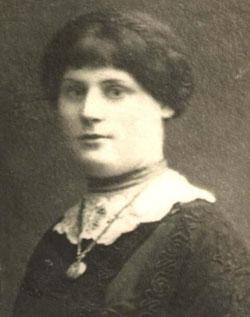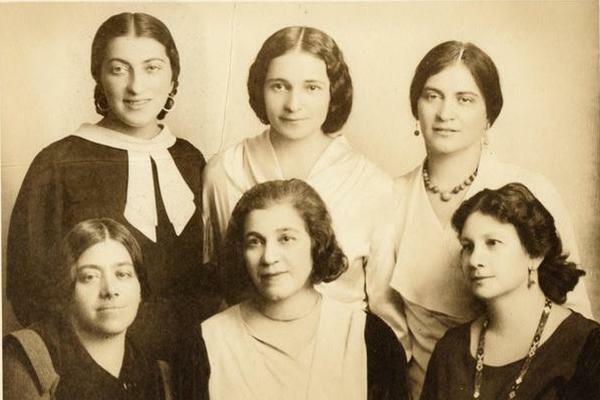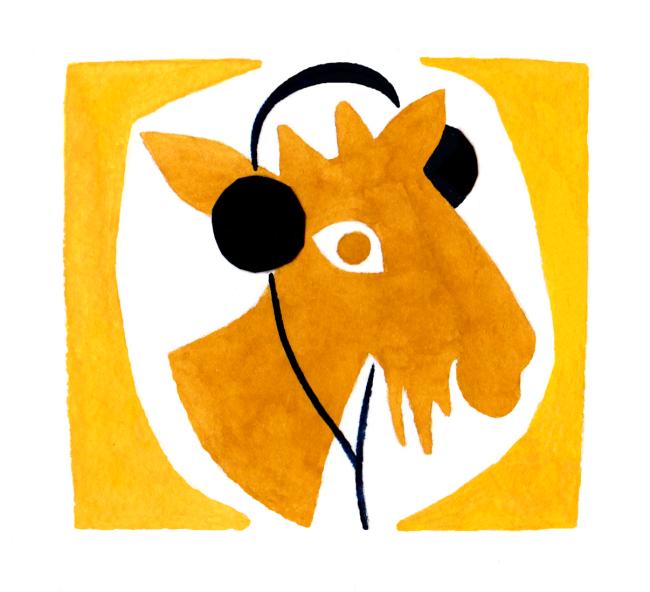Weekly Reader: Esther Kreitman
Even if you’re an avid reader of Yiddish literature, you’d be forgiven for not knowing who Esther Kreitman was. Until recently, most people didn’t. But despite Kreitman’s obscurity, she was a member of the most famous Yiddish literary family in history—the Singers. Her younger brothers, Isaac Bashevis and Israel Joshua, were among the most celebrated Yiddish writers of the twentieth century, with Isaac winning the Nobel Prize for literature in 1978. Kreitman was also a writer, even if she was shunned by her brothers and estranged from her family. Now most of her work is available in English translation, and a memoir by her son Maurice Carr, The Forgotten Singer, was recently published by the Center’s imprint, White Goat Press. That book is the final installment of this year’s Great Jewish Books Club, and on October 26 we’ll be doing a virtual public program about Carr and his long-suffering mother (register here). To get a head start, read on.
—Ezra Glinter, Senior Staff Writer and Editor
Family Yikhes
Maurice Carr (born Morris, or Moshe) was Kreitman’s only child, and he had one child himself, a daughter, Hazel Carr. In 2020 the Center’s Wexler Oral History Project interviewed Hazel in Paris, and she talked about her father, grandmother, and famous family.
Back to the Source

While most of Kreitman’s books have now been translated into English, there’s nothing like the originals. We have all of her works in the Steven Spielberg Digital Library, including her translation of George Bernard Shaw’s The Intelligent Woman”s Guide to Socialism and Capitalism.
Read Esther Kreitman’s Yiddish books in the Steven Spielberg Digital Yiddish Library
Family Estrangement
Kreitman wasn’t the only member of the Singer family to become estranged from its most famous members. Isaach Bashevis’s own son, Israel Zamir, had his own troubled relationship with his father, only getting to know him later in life. In 2013 we talked to Zamir about his father, as well as about his own upbringing on an Israeli kibbutz.
Neglected No More

While Kreitman deserves a greater readership and recognition for her own merits, she is also part of the wider recognition of Yiddish women writers that has been taking place in recent years. Though many of them were pigeonholed as poets, rather than prose writers, Kreitman and others demonstrated that they could be great novelists too.
East Enders

Kreitman’s brothers made their homes in Warsaw and later New York, but Kreitman moved with her husband (it was an unhappy marriage) to Antwerp and later to London, where she spent most of the rest of her life. London, of course, had its own bustling world of Eastern European Jewish immigrants, who clustered in the city’s East End.
Listen to a podcast episode about Jewish immigrants in the East End
